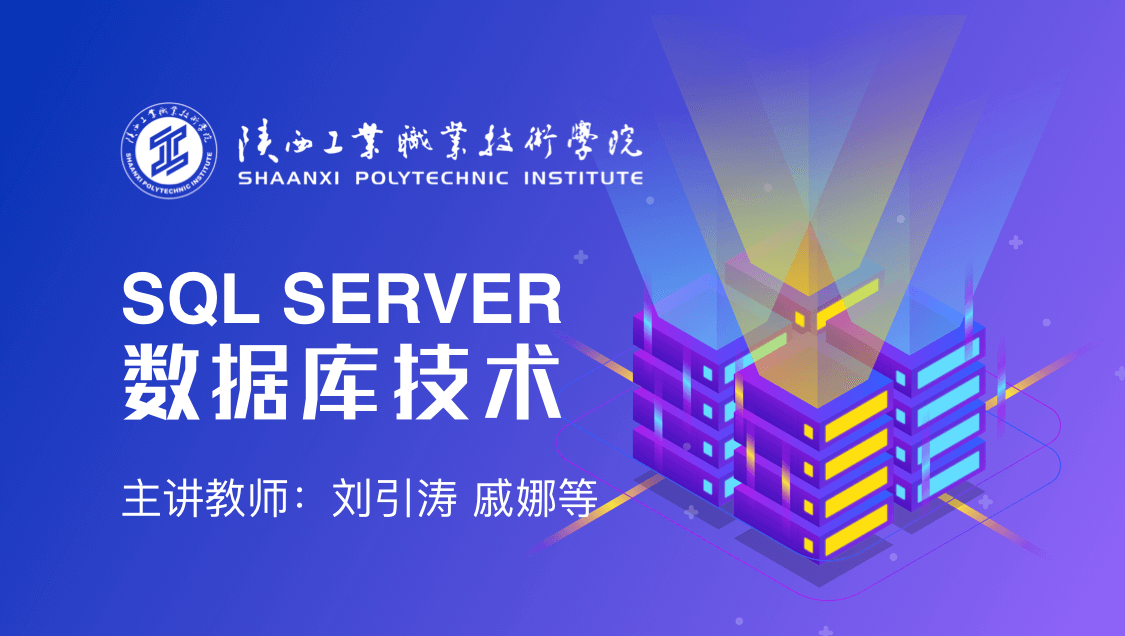
当前课程知识点:Entrepreneur Growth Plan > 2 Cultivation of Internal Skills of Entrepreneurs > 2.3 Abilities of entrepreneurs > 2.3.1 Types of entrepreneurs
返回《Entrepreneur Growth Plan》慕课在线视频课程列表
返回《Entrepreneur Growth Plan》慕课在线视频列表
创业者是创业活动的主导
和组织者
是创业的第一要素
创业成功与否
不仅需要创业者富有开创
新事业的精神和格局
睿智的判断和决策思维
还需要具备
解决和处理 创业活动中
各种具体挑战和问题的 知识和技能
这就是创业者的能力
在这一节课
我们一起来学习创业者应该具备的能力
这也是我们创业者内功修炼的一个重要方面
我们知道作为个人的能力
实际上可以区分为先天存在的能力倾向
和后天习得的能力技能
这里我们讨论的能力是指
经过后天学习和训练而培养的能力
不是指天赋
每当说到创业者能力这个问题
同学们会提供很多词汇
从自信自强
激情梦想
人格品质到
管理公关
再到技术财务等等
给人一种创业者
无所不能的假像
want to become entrepreneurs
and also causes great pressure on students who
because it is really difficult to become
such an all-around person
But in fact
entrepreneurs are not perfect
and do not need to be all-around
When it comes to the secrets of
the abilities of entrepreneurs
we should start from the entrepreneurship
types of entrepreneurs themselves
Because entrepreneurs are involved
in all walks of life
the direction and content of entrepreneurship
are different
In addition to general abilities
abilities which they need most are different
Therefore we can examine the composition of
abilities according to the types of entrepreneurs
According to the content of entrepreneurship
we can divide entrepreneurs into
such five types as
production type management type market type
technology type and financial type
我们来分别看一看每种类型的
创业者的特点
生产型创业者
the entrepreneurs who launch the products
through the establishment of enterprises
he products launched usually have
a high technological content
创业方向
比如现代制造业领域
推出新的产品 改进新的
工艺等等
这个类型的创业者需要
具备较好的专业技术能力
管理型创业者
是指那些综合
能力强的创业者
他们对生产 研发类专业知识
可以不十分精通
但是能够通过各种有效的
管理手段带动企业前进
这类创业者需要具备良好的
管理思维和能力
特别是具备整合资源的能力
创新组织模式
创新商业模式的能力
例如 钢铁大王卡耐基
最初对钢铁生产知识了解不多
但他能够迅速网罗
各方人才
组合资金 进行创业
打造了自己的钢铁帝国
市场型创业者
这类创业者的
一个重要特点
就是注重政策趋势 关注市场
善于把握机会
我国自从改革开放以来
涌现了一大批市场型
创业者
比如 房地产行业
正是抓住了市场转型期
的大好时机
得以繁荣发展
这一类型的创业者需要
具备良好的创业意识
商业思维 市场运营能力
科技型创业者
是指以高新科技为依托
entrepreneurs who establish enterprises
generally associated with universities or
scientific research institutions
As early as the 1980s a group of technological
当时国家鼓励
technological achievements was encouraged
and a group of enterprises founded by
colleges and universities came into being
For example Founder of Peking University
Tongfang of Tsinghua University and
Neusoft Group we are familiar with
all were formerly "school run enterprises" from
“校办企业”
我们可以看到 科技型创业
对创业者的科技开发
能力要求比较高
Entrepreneurs must possess
掌控先进性 前沿性的
科技成果的
能力水平
具备快速科研转化的
技能特点
时下
又是科技型创业的
黄金时段
国家的 创新驱动战略
创新型创业
政策导向
对高科技人才
of scientific research achievements
有利政策
have provided a good environment for the birth of technology-based entrepreneurship
很多高校和科研院所的创业项目
也是初露端倪
我们期待着涌现出更多的
科技型创业者和
科技型创业项目
金融型创业者
是指一种风险投资人
他们向企业提供的
不仅仅是资金
更重要的是专业特长
和管理经验
他们不仅参与企业的经营方针制定
but also in the formulation of marketing strategies
capital operation and human
This type of entrepreneurs
first of all have sufficient capital resources and
then have rich entrepreneurial and
enterprise management experience
now are you beginning to realize that
different types of entrepreneurs should
have different ability advantages
In other words
people with different ability characteristics
can consider
becoming entrepreneurs in the field
where you have competitive advantages
In the next chapter we will
continue to explain this issue in depth
Now let's study first what abilities
entrepreneurs need to possess indeed
-1.1 The era of the entrepreneur
-1.2 Entrepreneur is not natural-born
-1.3 Key to entrepreneurial success
-1 Entrepreneurship is A Learnable Ability
-2.1 Build the ambition
--2.1.1 Build the ambition-entrepreneurship
--2.1.2 Build the ambition-sense of social responsibility
--2.1.3 Build the ambition-entrepreneurial awareness
-2.2 The power of thinking
--2.2.1 The secret of thinking
--2.2.2 Thinking power 1: innovative thinking
--2.2.3 Thinking power 2: system thinking
--2.2.4 Thinking power 3: dialectical thinking
--2.2.5 Thinking power 4: strategic thinking
-2.3 Abilities of entrepreneurs
--2.3.1 Types of entrepreneurs
--2.3.2 Composition of entrepreneur abilities
--2.3.5 The self-management ability
-2 Cultivation of Internal Skills of Entrepreneurs
-3.1 Know yourself: know your own characteristics
-3.2 Know the others: environment and resources
--3.2.2 Entrepreneurial opportunity
-3.3 Decision-making: orientation of entrepreneurship
-3 Self-Positioning of Entrepreneu
-4.1 A story of enclosure for raising sheep
-4.2 Market segmentation
--4.2.1 Divergent thinking: find out all your potential customers
--4.2.2 Efficient market: you don’t have to serve all your potential customers
--4.2.3 Market research: a good way to select efficient markets
-4.3 Market launch: have you focused?
-4.4 End users: bring you cash flow
-4.5 Market size: how to make the initial estimate
-4.6 User image: tell a good story about users
-4 Where is Your Customer
-5.1 Complete product cycle application cases
-5.2 Advanced product specification
-5.3 Quantify value positioning
-5.5 Describe competitive position
-5 What Can You Offer Your Customers
-6.2 Determining customer decision-making unit
-6.3 Mapping the process of acquiring paying customers
-6.4 Estimating the follow-up market size
-6 How do Customers Buy Your Products
-7.2 Basic classification of business models
-7.3 Defining pricing strategy
-7.4 Estimating customer lifetime value
-7.5 Estimating the cost of customer acquisition
-7 How to Make Money from the Product
-8.1 Determining the important hypothetical conditions
-8.2 Test hypothetical conditions
--8.2.1 Meaning of testing hypothetical conditions
--8.2.2 How to test hypothetical conditions
--8.2.3 A correct view of the test result
-8.3 Define minimum viable business product
--8.3.1 Definition and value of minimum viable business product
--8.3.2 Core elements and definition method of minimum viable business product
-8.4 Verify the customer will pay for the product
--8.4.2 Description of a minimum viable business product validation case
-8 Product Development and Design
-Final Test





